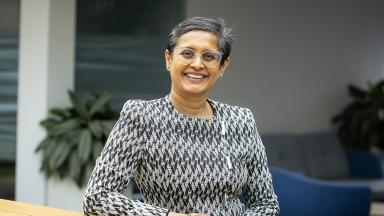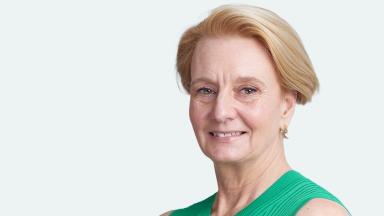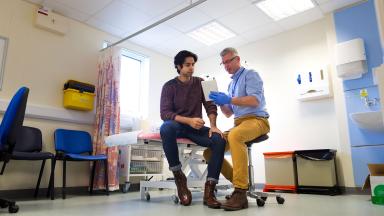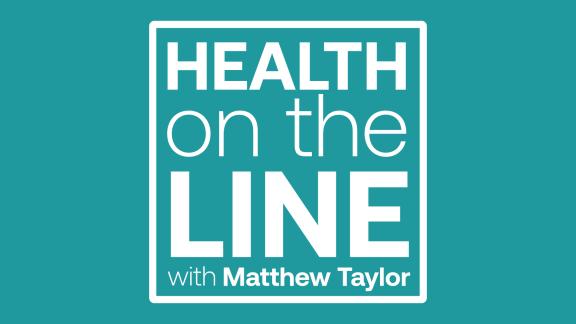Finance
The NHS faces an unprecedented challenge following a decade of austerity and the intensity of the COVID-19 pandemic. The move to integrated care also presents a significant change in the way the healthcare system is planned and funded.
Our members need a new funding settlement to meet the elective backlog created by the pandemic and to achieve the goals of the NHS Long Term Plan. Central to this will be sufficient funding to meet service demand and plan for long-term capital upgrades. Currently, limits on capital expenditure limit members' ability to develop the capacity they need to plan long term.
Integrated care provides a rare opportunity to rethink how funding flows through the health and care system. It is essential that funding flows are designed so that systems meet their potential to improve overall population health.


















